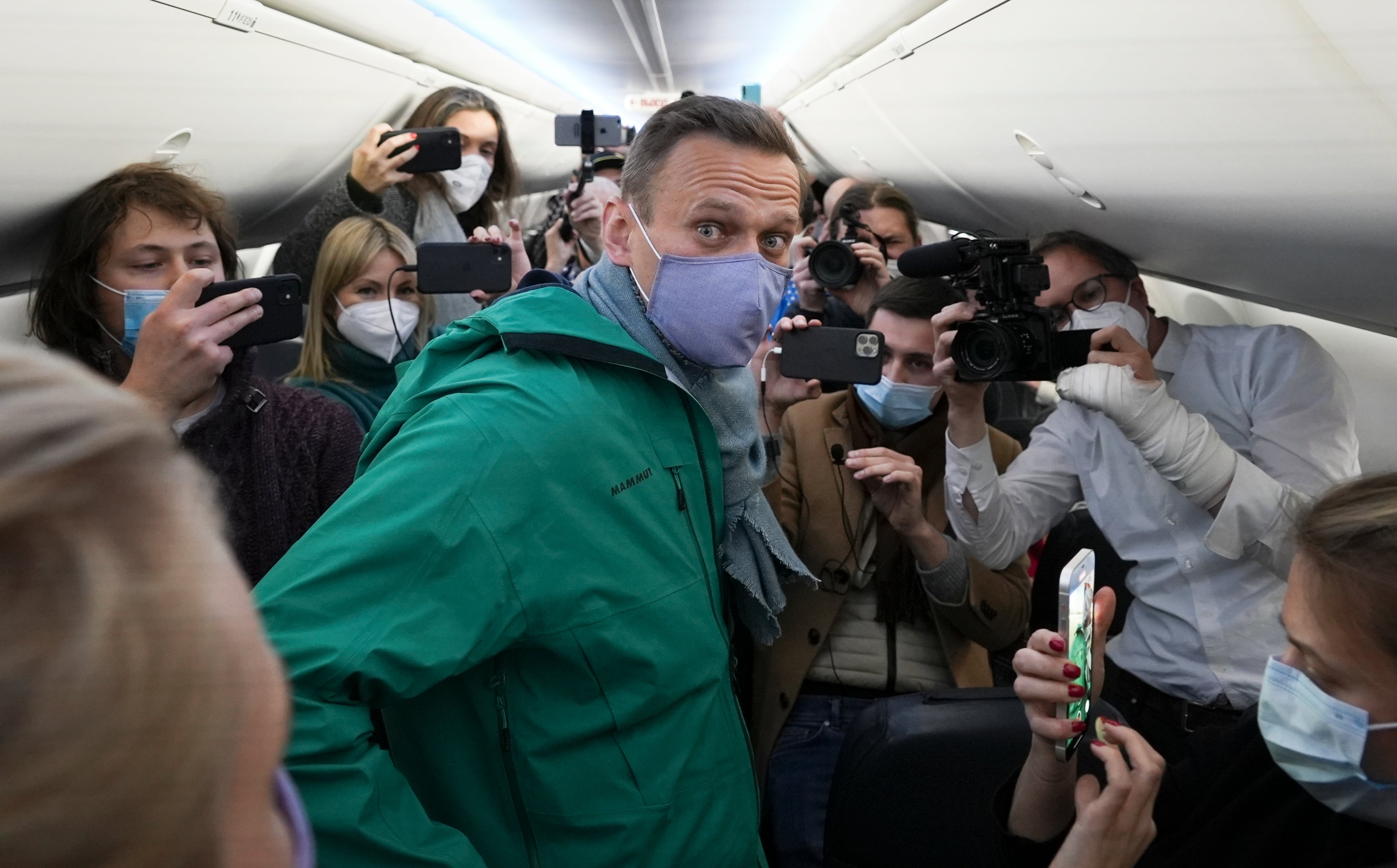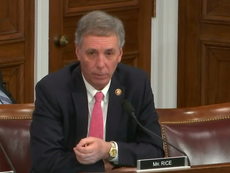Mea Culpa: no skin off this particular nose
John Rentoul on questions of style and usage in last week’s Independent


In an editorial about the world’s response to the arrest of Alexei Navalny, the Russian opposition leader, we said: “The EU, which now contains many former member states of the Soviet Union and the eastern bloc, has considerable skin in this game.” Owen Jones wrote to ask if this phrase is an Americanism. I suppose it is, in that it was popularised by Warren Buffett, the US investor, but it is such a recent coinage, recorded from about 1981, that it ought perhaps to be called a globalism.
No one seems to know quite where it came from. There are suggestions on the internet that skin could be slang for a horse, from racing, or that it refers to the self, the person.
Yet everyone seems to know what it means, namely to have a stake in the outcome of something. The most likely origin, I think, is that the skin means the prize; it is a term, as Mr Jones pointed out, used in golf to mean a pot of money to which players contribute and which is taken by the winner of each hole. It is an eccentric phrase and I don’t see the point of it, but I can’t see the harm.
Chaos amid syntax: This is the first sentence of our report of an interview with Sir Edward Davey: “Gavin Williamson is ‘the worst education secretary in living memory’, the leader of the Liberal Democrats has said, amid calls for more support for students starting the new university term online.”
It is bad enough having “amid” in headlines, which have to be short, but there is no excuse here. No doubt other people called for more support for students too, and we could get to them later on in the report, but the point is that Sir Edward was calling for it. So the sentence should have read: “..., calling for more support for students …”
Mr Williamson featured in several reports last week, including one in which we reported that he claimed that teaching “via video link is better than education provided through pre-recorded mediums or digitally available classwork”. Roger Thetford pointed out that this was an unexpected plural of medium – we would normally say “media”, while “mediums” seems to be reserved for more than one person who claims to communicate between the dead and the living.
Pull the other one: We said of Olly Stone, the fast bowler, that “it was partly his battles with injury … that saw the England and Wales Cricket Board pull the chord on an initiative that has been in the pipeline for years: pace bowling contracts”. No idea what that means exactly, but two readers pointed out that we meant “cord”, as in a string pulled to open a curtain, rather than “chord”, which is more than one note played at the same time.
Also, that is an awful use of the journalese “saw” – how can a player’s battles with injury see anything? – when “prompted” or “persuaded” would have been better.
End of an error: In an article about Melania Trump’s future, we said: “Neither the president or first lady will attend the inauguration, making them a rare exception to long-held tradition.” Thanks to Paul Edwards for pointing out that the convention is “neither … nor”, and that the point about tradition is that it is long-held.
Of Ms Trump’s husband, we said elsewhere in our coverage of the handover of power: “The economy he inherited from Barack Obama was booming, so strong he almost rode it to re-election, and may have, had the pandemic not struck.” Thanks to Philip Nalpanis for pointing out that we meant “might have”, in that we – most of us – know that he failed to be re-elected.
Finally we reported that the inauguration ceremony was “protected by literally thousands of troops”. Yes, it was for emphasis, but the implication might have been that the incoming president could otherwise have been protected by metaphorical soldiers.

Join our commenting forum
Join thought-provoking conversations, follow other Independent readers and see their replies
Comments